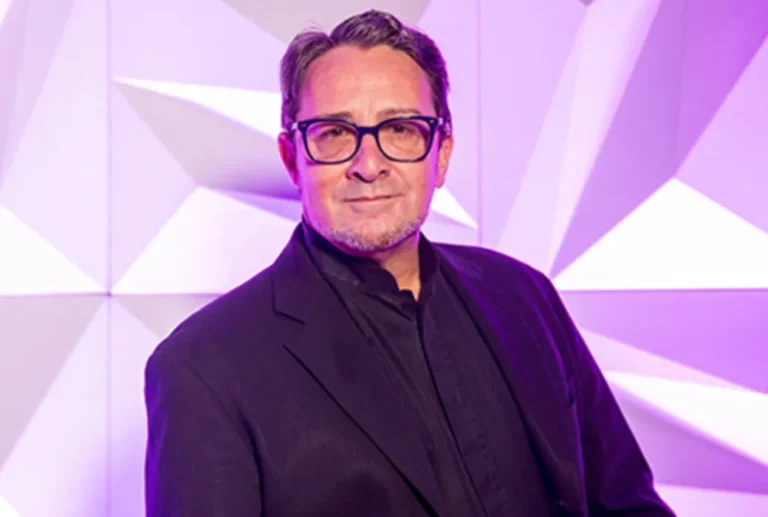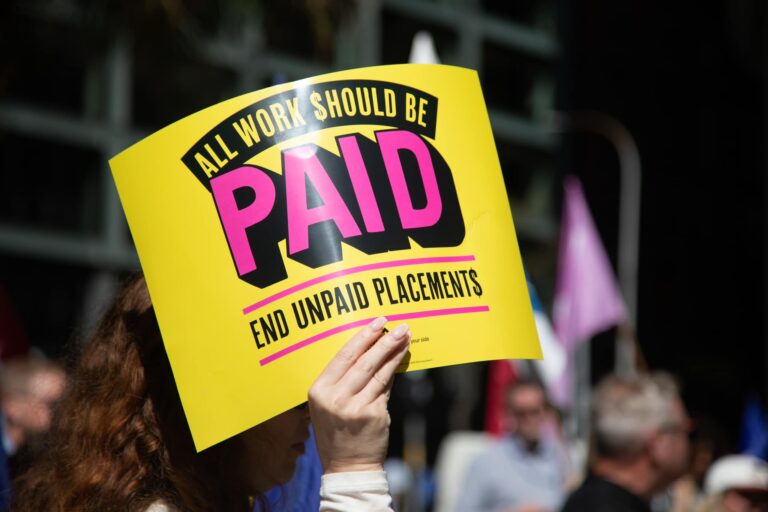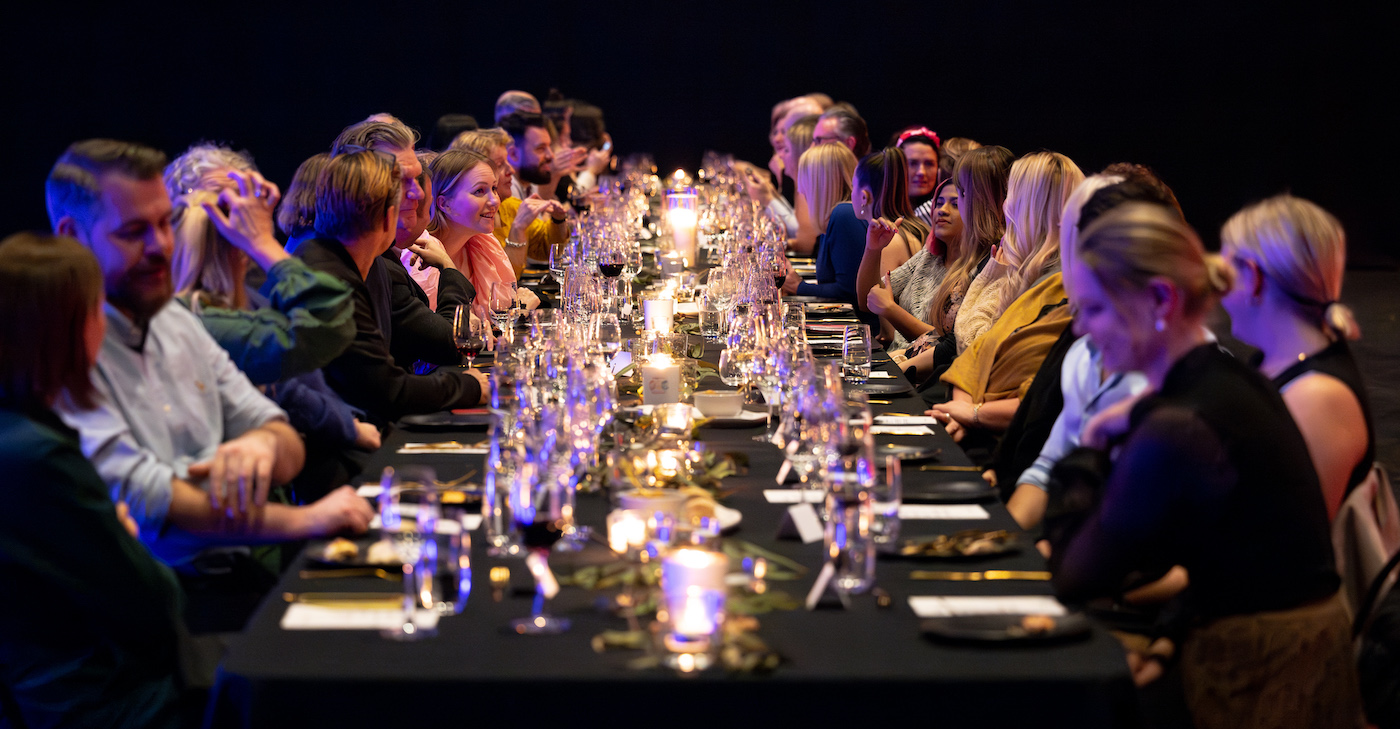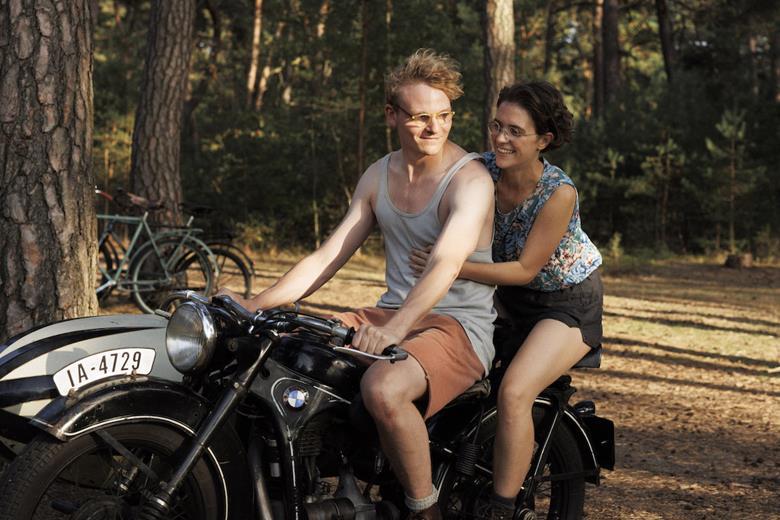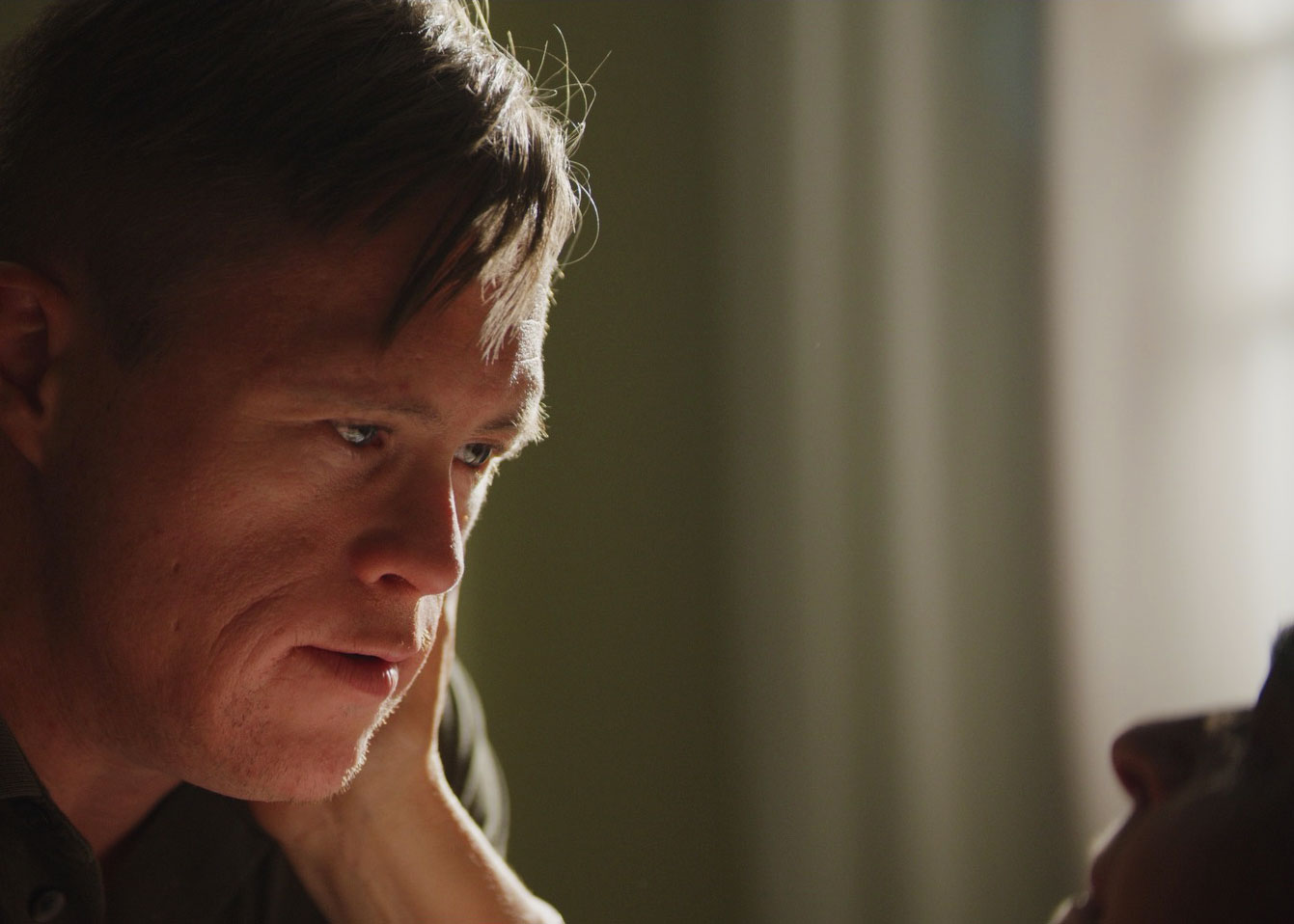
Fair Pay for Writers: AWG takes Screenrights to Federal Court

In 1990 the federal government authorised an organisation named Screenrights to collect and distribute royalties for film and television to the rightful copyright owners. According to their figures Screenrights have accumulated over $50 million in script royalties over the past 20 years.
They may have collected a mass amount of money, but members of the Australian Writer’s Guild have only received as little as $350,000 for their work. After years of failed negotiations and cancelled meetings, the AWG had no choice but to file a case against the federal government.
On March 3 of this year the AWG filed a case in the Federal Court of Australia against Screenrights over its failure to protect and represent Australian and international screenwriters and their rights.
Spokesperson for the AWG Tim Pye explained that they’re trying to get two results from this court case. Firstly, they would like a percentage of the money they’re owed. Secondly, and most importantly, they would like amendments to be made to the system so future writers won’t have to face this problem.
“We want [Screenrights] to tell us where they are sending us this proportion of the allocation and we want them to change the system in the future so writers are given that proportion,” said Pye.
“But the most important thing is to change the future. [We want] secondary use [of the proposed amendments] with all the emerging platforms in the world – the digital platforms are going to become more and more how creatives get return on their work from the copywrite they create.”
Pye stated the AWG didn’t want to take Screenrights to federal court, but due to their obstinacy they had no other choice.
“I want to emphasise how much we want Screenrights to help us fix the system,” he explained.
“We really would rather not go to court and we want them to help us fix this in an amicable way rather than just saying ‘no’ and rather than refusing to engage with us. That is what we want more than anything else.”
Pye has been a professional writer since 1986 and hasn’t received a cent from Screenrights. When asked if he knew anyone who received money he could only quote one person, award-winning screenwriter Jan Sardi.
“He received $400 [for 1996 film Shine] in the late 90s and that was it,” he said. “The curious thing is they chased him to give him that money to make him think ‘oh well they’re doing their job’, but then it just stopped. It all grounded to a halt, nobody got anything.”
To counteract this current underfunding, one of Australia’s most successful international screenwriters, Shane Brennan, has recently announced he will donate one million dollars of his own money into a joint venture with the AWG called Scripted Inc.
Brennan explained this is about recognising the writer’s contribution and hard work, not just the producers’.
“This initiative is aimed at catching up with the rest of the world, which understands that critical and financial success springs from the writer’s vision, not the producer’s ability to fill out a funding submission,” said Brennan.
Australian screenwriters themselves have caught wind of the situation and are less than impressed. Screenwriter Nick Parsons thinks it is unfair for one person from the creative process to get all of the rewards.
“My understanding is the distribution… writers get overseas should be to the writer, but for some reason [in Australia] it’s just going to producers,” he said.“Sometimes they’ve given [payment] to one of us and sometimes they haven’t. That seems inherently unfair.”
Parsons is the creator of Slingshot, a seminar exclusively for writers in Western Sydney. This goes beyond writing tuition, he wants to teach ambitious writers how to pitch their stories to a producer or network.
Parsons believes the best Australian stories are buried within Western Sydney communities.
“It’s a really interesting mix, Western Sydney. I think a lot of the important stories to be told in this country are going to emerge from Western Sydney because it’s a really vibrant mix of cultures and attitudes,” he said.
“There is an ambition for the place. What struck me there was this frustration amongst young writers in Western Sydney, because they have their stories they want to tell but didn’t know how to go about telling them,” explained Parsons. “They didn’t know who were the production companies to talk to…”
Another member of the writing community, Screen Cultures producer Barry Gamba believes writers are always the forgotten workers when it comes to any stage or television work, so he is pleased to see this case finally turn the spotlight on them.
“Writers are often the unrecognized creators of screen works,” said Gamba. “So the case is useful in terms of getting the debate out into the open and [to] discuss its merits.”
SLINGSHOT
March 24, 31 & April 7 (5.30pm-7.30pm). Information and Cultural Exchange, 8 Victoria Road, Parramatta.. Free entry. Info: ice.org.au/project/slingshot2016
SCREENRIGHTS
First court date April 5. Latest news: awg.com.au
SCRIPTED INC.
Officially launches July this year. Info: awg.com.au
BY ATHINA MALLIS
